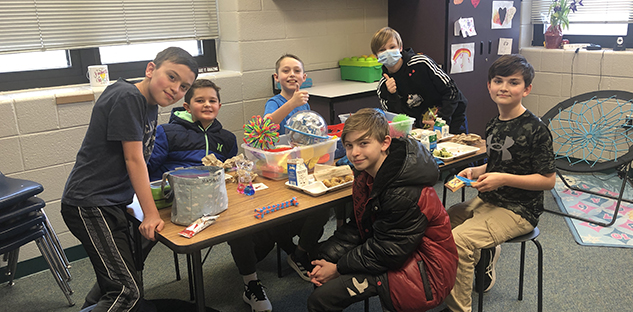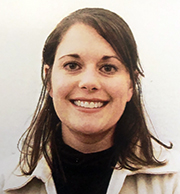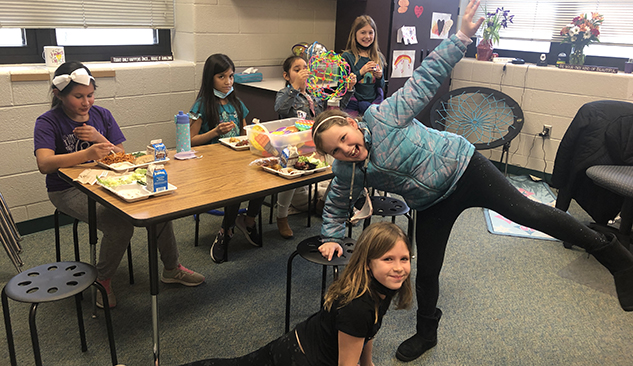
Planning and Facilitating Good Groups
By Melissa Leischner | September 2022

 Group counseling is a practical way for school counselors to maximize their time and effectively reach a greater number of students dealing with similar issues. Here is a quick blueprint for facilitating good groups.
Group counseling is a practical way for school counselors to maximize their time and effectively reach a greater number of students dealing with similar issues. Here is a quick blueprint for facilitating good groups.Once groups are communicated to parents and teachers, the school counselor should establish general goals and lesson plans based on the needs of the students. Typically, lesson plans for a group lasting 30 minutes should include the following: ice breaker, group norms, review of previous session, report on progress, skill awareness and summary.
Pre-Group Interview
After obtaining parent/guardian permission, the school counselor should schedule an individual meeting (10 minutes) with each student. During this meeting, the student/teacher(s)/parents should be given the time and date for each session and be informed of the purpose and general goals of the group. The school counselor should then work with each student to help them establish individual goals. To evaluate the effectiveness of the group, a short questionnaire should be distributed to students/teachers/parents to complete before and after the final session.
The Stages of the Group
Stage 1: Initial Stage (one to two sessions)
Collectively designed and agreed-upon rules should be set and objectives defined. To ensure the adherence to these group rules, the school counselor should display them during each session. An activity for introductions (icebreakers) can foster communication in the first meeting. During all group meetings, the last five minutes of each session should involve an overall summary statement of the key points from the group and a reflection from the students, including what they will work on before the next session.
Stage 2: Working Stage (two to four sessions)
In this stage, the members gain insight on how they can reach their goals. By experimenting with everyday interactions in a small group setting, members learn new techniques to utilize in everyday life.
Stage 3: Closure Stage (one to two sessions)
The school counselor should focus on the accomplishments of the members and ask how they plan to apply what they have learned. The date for the follow-up session (about three months later) should be scheduled so that the students know they will be working on their own but can return to share their difficulties and achievements in the future.

Post-Group Interview
In the days immediately following the final session, the school counselor should schedule and conduct an individual, 10-minute post-group interview with each group member. This provides time to discuss progress in attaining the goals outlined in the initial interview and allow the members an opportunity to reveal reactions that they may not have wanted to share earlier. The school counselor may also discuss specific resources for each student and establish goals for the follow-up session.
Final Thoughts
Keeping brief notes from each meeting will allow the school counselor to remember key points of the group and to track attendance. Group members will appreciate if their counselor can remember something that was important to them during the previous week.
Melissa Leischner is a school counselor and a member of the VSCA Board of Directors.